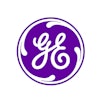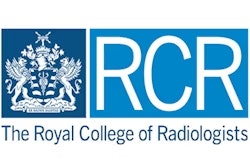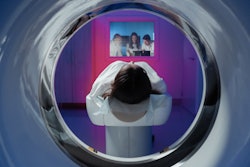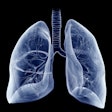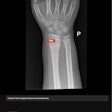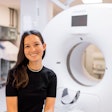It’s clear things have shifted when it comes to radiology AI. So says Jan Beger, after attending this week’s UK Imaging & Oncology (UKIO) congress in Liverpool.
“This wasn’t about AI as some distant promise. It was present in real conversations, influencing how we think about workflows, decision-making, and even what roles look like. It felt like we’re finally moving past pilots and proof-of-concepts. The system is starting to rewire itself -- subtly, but deliberately,” noted Beger, global head of AI advocacy at GE Healthcare, in a LinkedIn post on 4 June.
There’s also a noticeable shift in how AI is being perceived, he added. “Used well, it’s no longer just helpful—it’s fast becoming an ethical consideration. If it improves outcomes, then not using it starts to feel like a missed responsibility. But that only holds if we’re thoughtful in how we implement it -- designing around trust, responsibility, and real clinical need.”
 The exhibition hall at UKIO 2025. Courtesy of Society of Radiographers / Eva Slusarek.
The exhibition hall at UKIO 2025. Courtesy of Society of Radiographers / Eva Slusarek.
Rethinking how imaging and oncology function is essential, according to Beger, who is based in Leipzig, Germany. “If we just layer AI on top of broken processes, we risk automating the dysfunction. And that’s a real danger.”
He said that leadership is also vital -- not just from developers and tech companies but also from radiologists, clinicians, technologists, and educators on the frontlines of care.
At UKIO 2025, the human element kept coming back. "Conversations about staff wellbeing, inclusion, access to care. It’s clear that the digital shift won’t work unless people feel part of it -- and supported through it ... this isn’t just evolution. It’s a redesign. And if it’s going to reflect the right values, those on the frontlines need to be driving it -- not watching it unfold around them,” he concluded.



